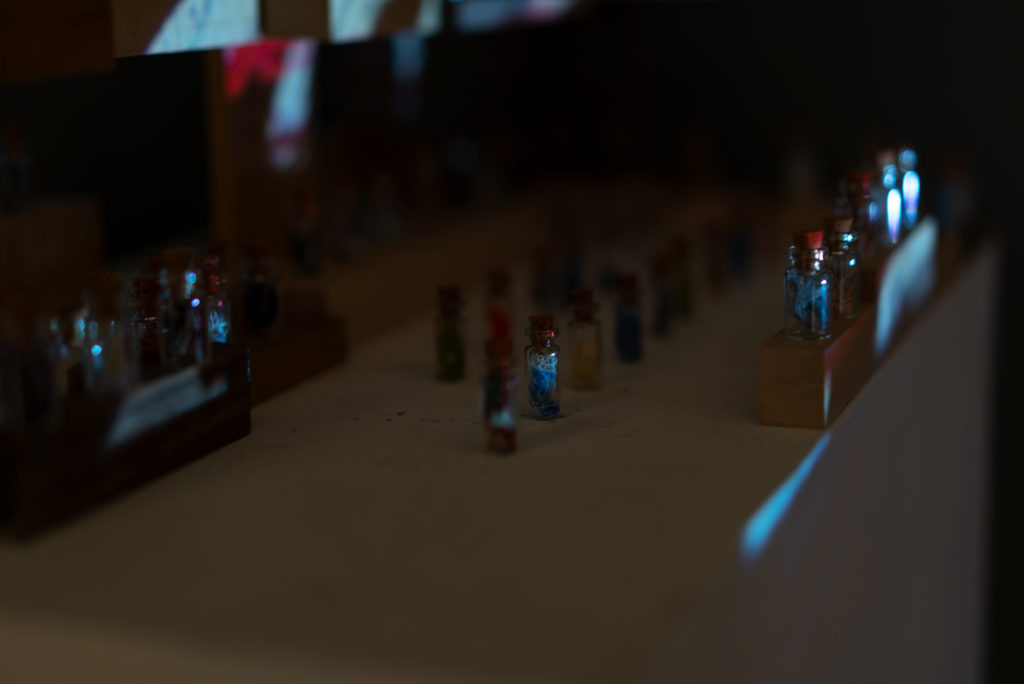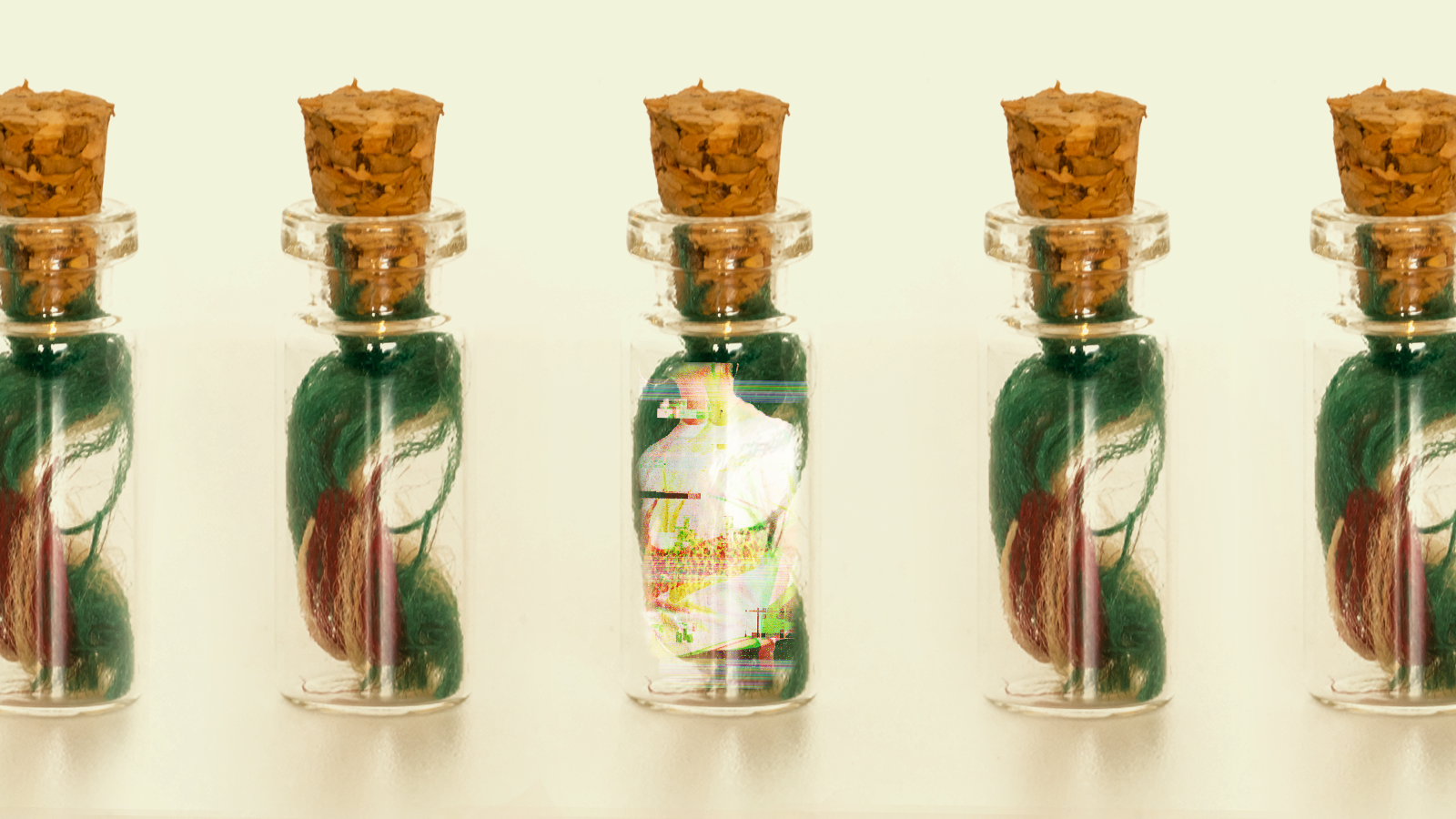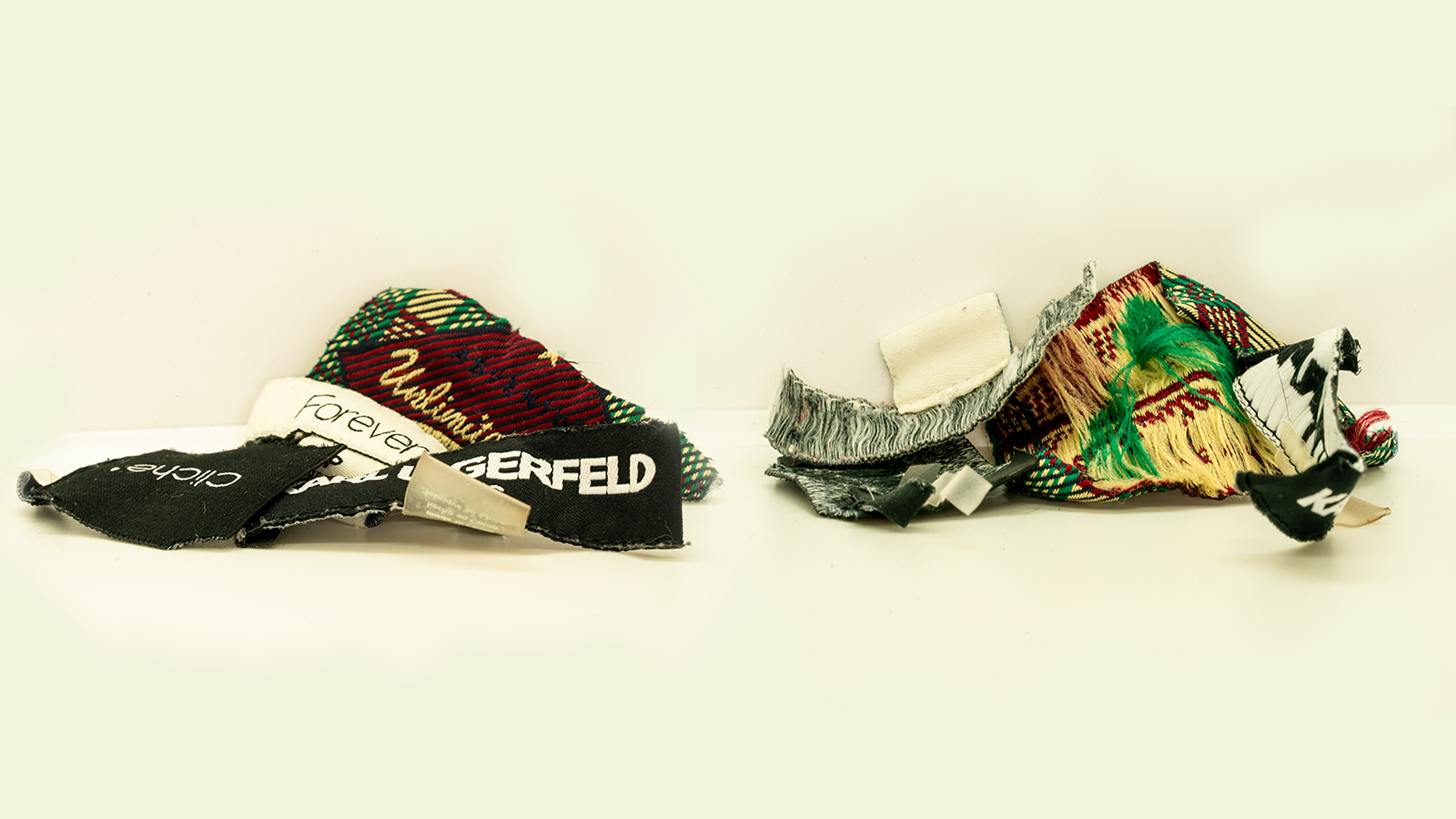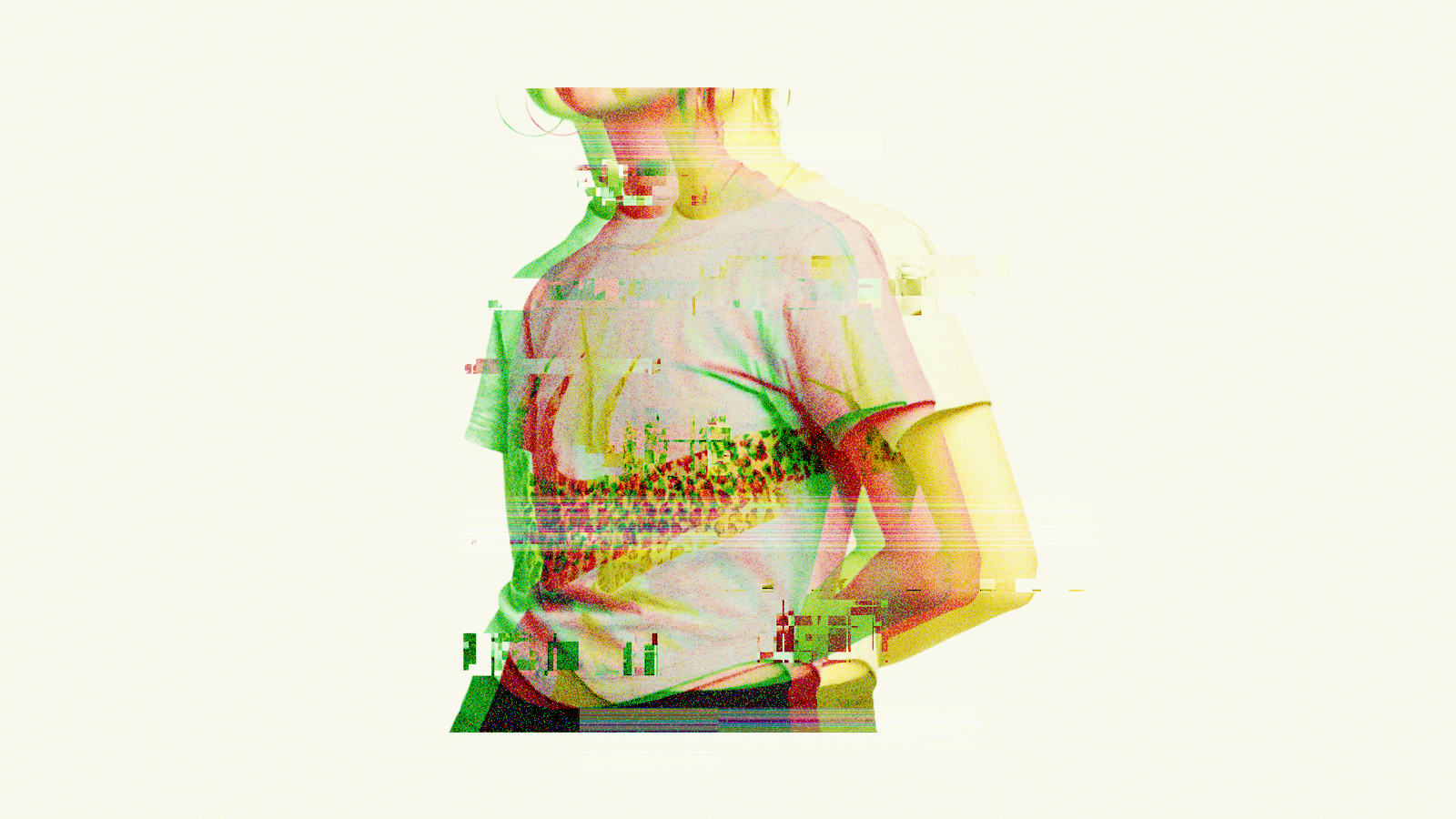Made-In Guest





The country of origin effect, otherwise know as the made-in image, is the feeling of affinity or animosity when viewing a shirt collar or pant waistband’s garment label. Tracking a product’s supposed country of origin subconsciously triggers a nationality bias evoking prejudices and stereotypes of the made-in country. Labels, such as made-in China, are frequently associated with mediocrity, substandard craftsmanship, and inferiority. In contrast, a made-in USA label triggers feelings of affinity, honesty, and luxury. Using this system of tracking, the US informs consumers where a garment is last manufactured regardless of where labor or materials are sourced and refined.
My mother was a seamstress of many major US clothing brands based in a factory in Sunset Park, Brooklyn, New York. Her job was to sew the brand’s garment label onto shirt collars; “Made-in the USA” ironically sewn by a Hakka Chinese immigrant. Getting paid per label sewn, she would frequently bring home labels and shirt collars to finish. She would sew the label on, and my sister and I would flip the collars to the correct direction. I inspected many labels: they were all coarse, bland and boring in the front; but soft and beautifully colored with unrhymthic patterns in the back.
Made-in Guest is a speculative exercise of non-place branding in a postcapitalisic structure. According to anthropologists Eckhandt and Bengtsson, country of origin labeling, which can be thought as place-based branding, existed in premodernity. Rather than a manufacturer pushed tracking system, place-based branding was a consumer initiated social system within the context of local cultures. Made-in Guest invites viewers to reimagine country of origin labeling in the globally borderless present of hybridity, the networked virtual, and placeless-ness.
I have collected hundreds of garment labels and carefully removed their woven backings. These delicate fibers are now preserved in small glass jars that capture their ephemeral essence and slows their environmental decay. Projection mapped onto the jars are generative visualizations of data I collected in an attempt to track the complete origins of the highest rated best selling women’s short sleeve shirt from the world’s most popular clothing brand of 2018: Nike’s Women’s Animal Cropped Top SportsWear.



